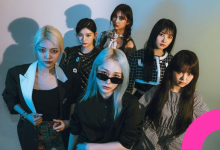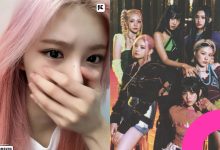Yuehua CEO Responds to EVERGLOW Yiren’s Claim of “Six Years Without Pay,” Sparks Major Online Debate
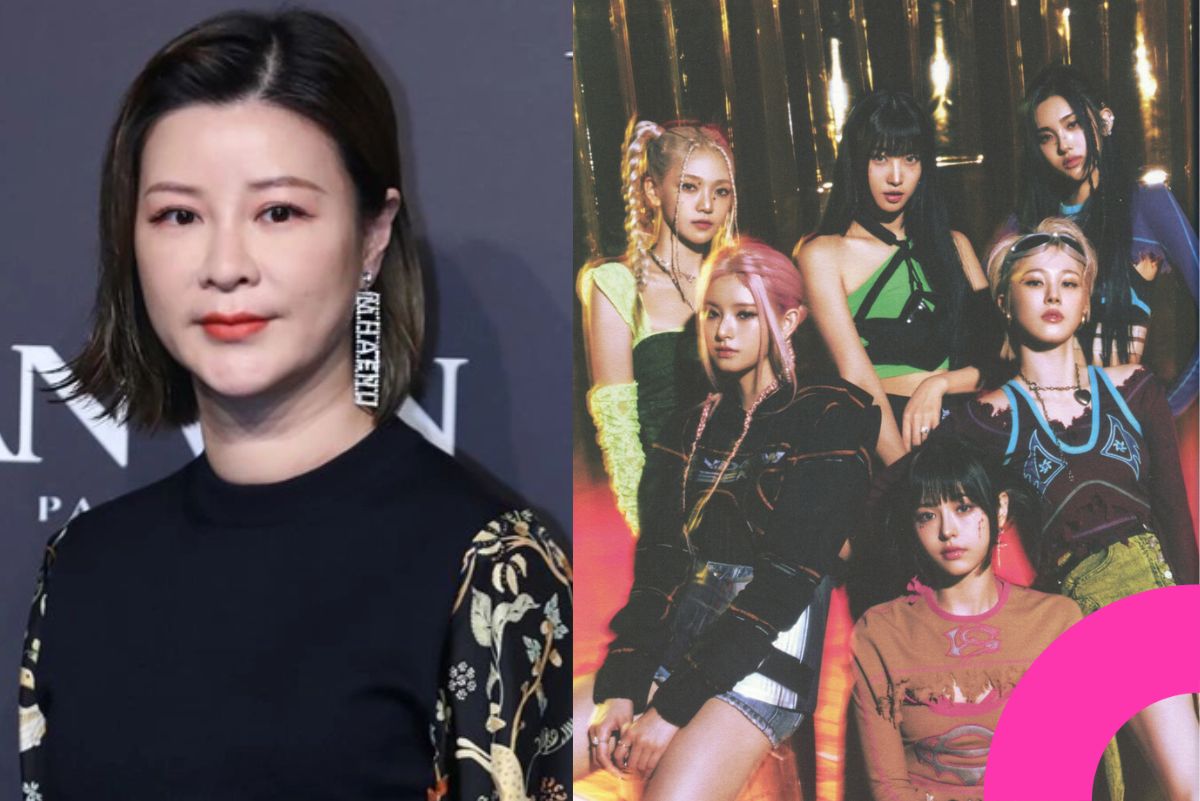
Yuehua Entertainment CEO Du Hua has officially addressed the growing controversy over EVERGLOW member Yiren’s recent claim that the group has gone unpaid for six years since debut.
On April 15, during the premiere of Yuehua’s new self-produced variety program “Arena of Youth,” Du Hua spoke publicly for the first time regarding the issue. The statement came during a discussion on whether artists in the company earn money, following Yiren’s earlier revelation that, despite EVERGLOW debuting in 2019, they have yet to receive a single paycheck.
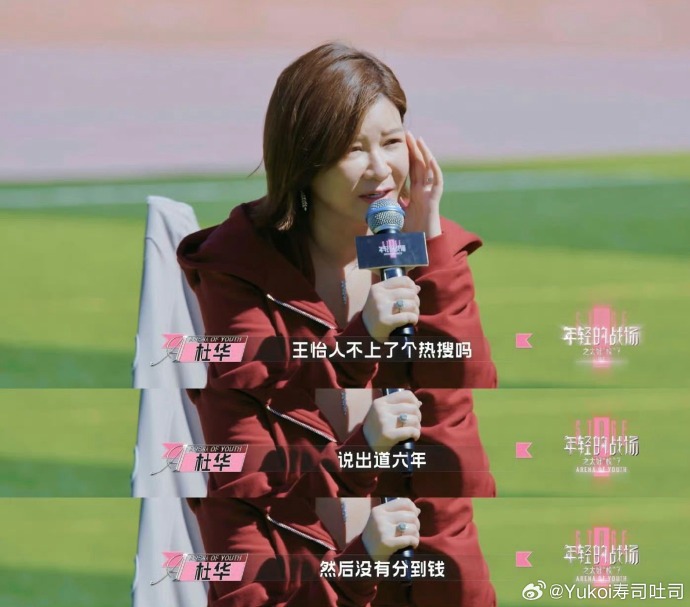
According to Du Hua, the primary reason for the lack of payment is due to the company’s substantial initial investment in the group. She explained that the financial outlay made at debut has yet to be recouped, and until the company breaks even, profit-sharing cannot begin. “Only after investment is recovered can artists start to receive earnings,” Du Hua emphasized.
The explanation quickly ignited a firestorm of reactions across Chinese social media. The clip topped the entertainment trending charts and ranked 13th overall, reflecting the intensity of public interest.
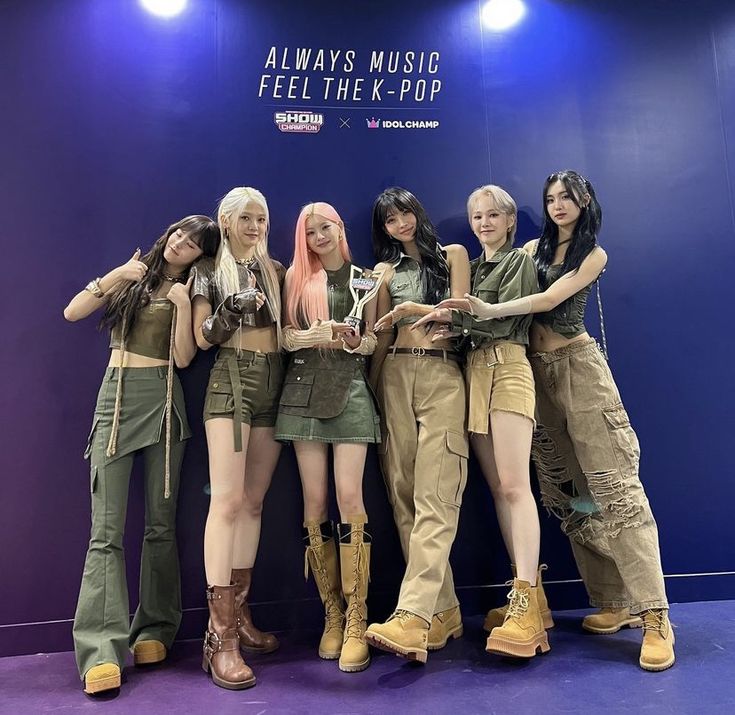
Many netizens voiced anger and disbelief at the revelation:
- “They’ve toured so much—how could they not have made enough to earn even basic wages?”
- “So idols need to repay the investment before they’re allowed to be paid?”
- “How did they survive for six years with no income?”
- “Even if there’s no profit, they deserve a base salary for the work they’ve done.”
Some commenters empathized with the difficulty of pursuing an idol career: - “This industry really requires massive sacrifice.”
- “Now I understand how hard it is just to survive in entertainment.”
Other young artists on the show, including NAME and BOYHOOD, responded to Du Hua’s remarks by pledging to work harder to avoid falling into the same situation as their seniors.
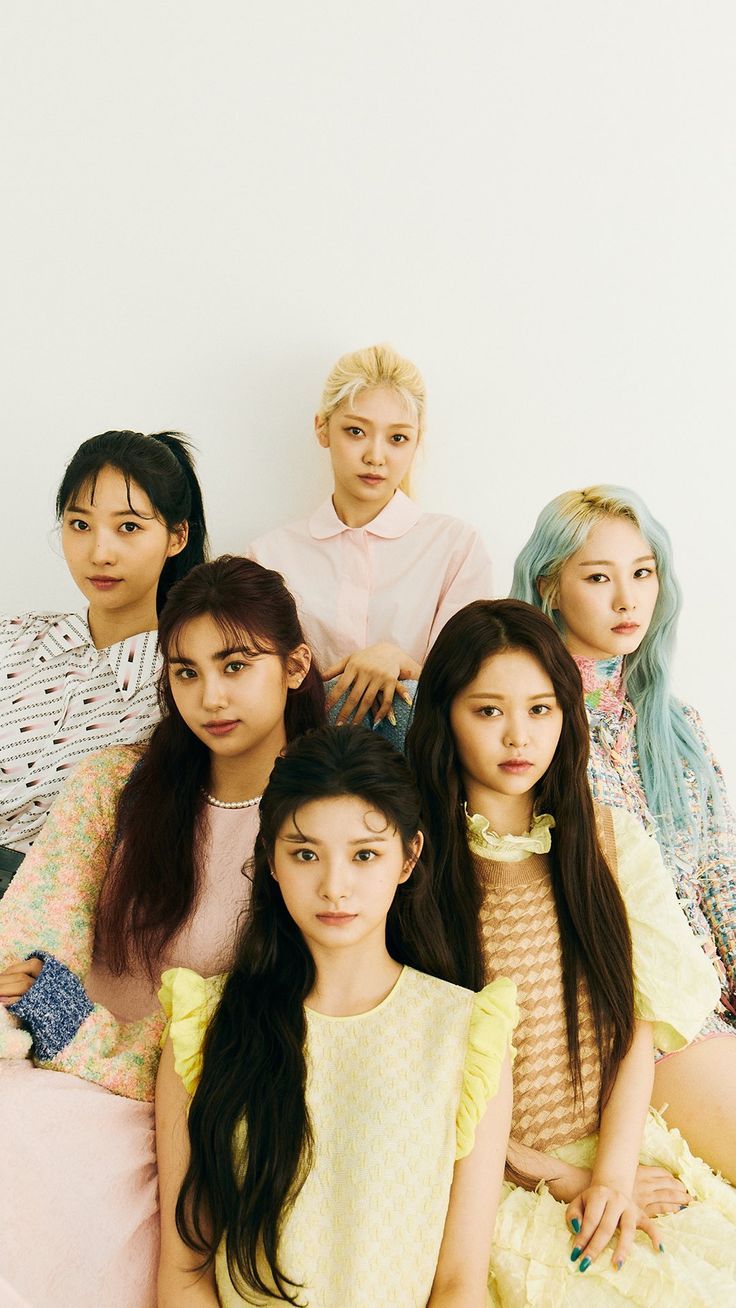
While Yuehua’s model of investment recovery before payment is not uncommon in the K-pop and C-pop industries, the raw transparency of Du Hua’s comment has reignited a larger debate about fair labor practices in entertainment, especially concerning young idols whose years of effort often go unrewarded.
The controversy continues to simmer as fans and observers alike call for more transparency and better protections for artists navigating the high-risk, high-cost world of idol life.
